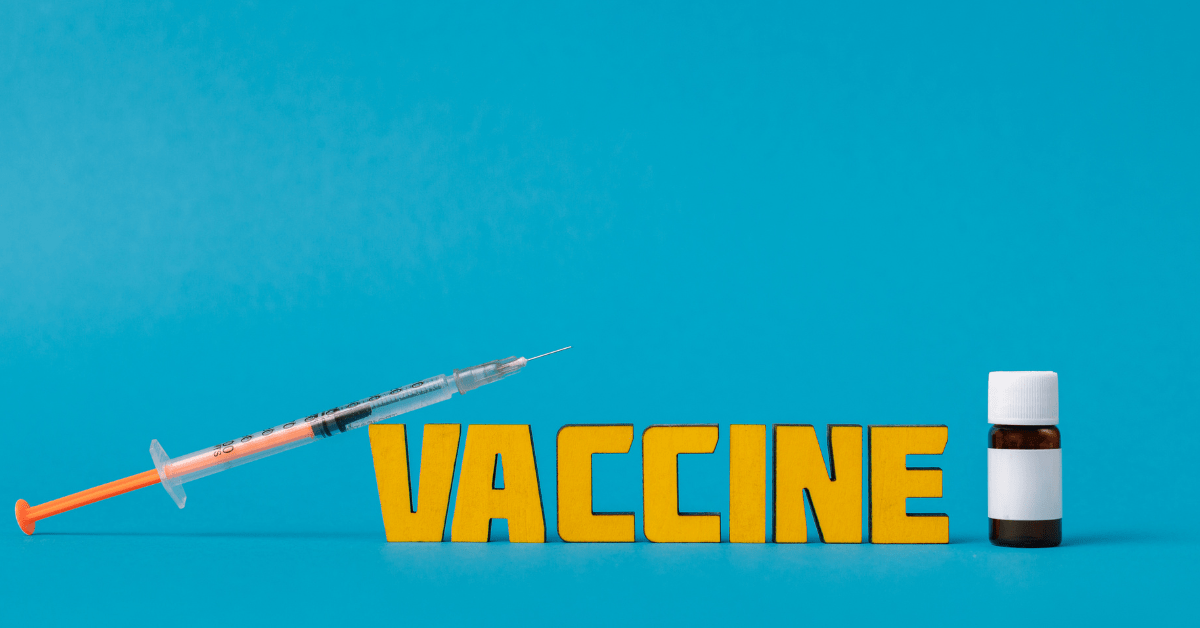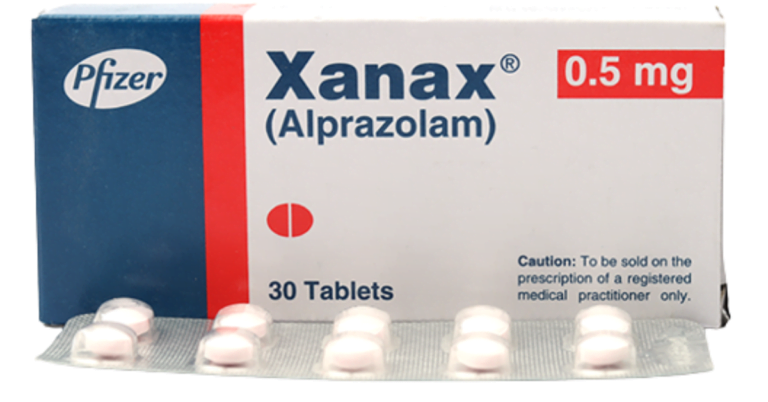When is the Best Time to Get a Flu Shot? A Comprehensive Guide

Influenza, commonly known as the flu, is a highly contagious respiratory illness caused by the influenza virus. The flu can cause mild to severe illness…
Table of Contents
Influenza, commonly known as the flu, is a highly contagious respiratory illness caused by the influenza virus. The flu can cause mild to severe illness and can even be life-threatening for some individuals. The flu shot, also known as the influenza vaccine, is a preventive measure recommended by healthcare professionals to reduce the risk of contracting the flu. However, many people are unsure about the best time to get vaccinated. In this comprehensive guide, we will answer the question, “when is the best time to get a flu shot?”
When is the Flu Season?
Before discussing the best time to get a flu shot, it’s essential to understand when the flu season typically occurs. According to the Centers for Disease Control and Prevention (CDC), the flu season in the United States typically starts in October and can last until May, with the peak season being between December and February.

Why is Timing Important for Getting a Flu Shot?
Timing is critical when it comes to getting a flu shot. It takes about two weeks for the vaccine to become effective and for your body to build up immunity against the flu virus. Therefore, getting vaccinated before the flu season starts is the best way to protect yourself from the flu. However, if you miss getting vaccinated before the flu season starts, it’s still essential to get vaccinated as soon as possible. Even getting vaccinated later in the season can provide some protection against the flu.
When is the Best Time to Get a Flu Shot?
According to the CDC, the best time to get a flu shot is in the fall, preferably by the end of October, before the flu season starts. However, it’s important to note that getting vaccinated later in the season is still beneficial, and it’s better to get vaccinated late than not at all.
It’s also essential to avoid getting vaccinated too early in the year, such as in the summer months. This is because the vaccine’s effectiveness may wear off by the time the peak flu season arrives. Additionally, if you get vaccinated too early in the year, you may still be at risk of contracting the flu later in the season.
Who Should Get a Flu Shot?
The CDC recommends that everyone six months of age and older get a flu shot every year. This includes individuals who are at high risk of developing complications from the flu, such as pregnant women, young children, older adults, and individuals with certain medical conditions, such as asthma, diabetes, and heart disease.
Can pregnant women get a flu shot?
Yes, pregnant women are recommended to get a flu shot to protect themselves and their babies from the flu. The flu shot is safe for pregnant women at any stage of pregnancy and can help reduce the risk of flu-related complications. The CDC recommends that all pregnant women get a flu shot during the flu season. (Reference: CDC – Flu and Pregnant Women)
Can elderly individuals get a flu shot?
Yes, the flu shot is recommended for elderly 65 years and older. Older adults are at a higher risk of developing complications from the flu, and getting vaccinated can help reduce their risk of getting sick. In addition, the high-dose flu shot is specifically designed for elderly individuals and provides better protection against the flu. (Reference: CDC – Flu Vaccination for People 65 and Older)
What about children under 6 months and under 2 years old?
The flu shot is not recommended for children under six months, as they are too young to receive the vaccine. However, protecting them from the flu ensures that anyone in close contact with them, such as parents and caregivers, is vaccinated. Children aged six months to 2 years old are also at high risk of developing complications from the flu and are recommended to receive the flu shot yearly. (Reference: CDC – Children, the Flu, and the Flu Vaccine)
Conclusion
In conclusion, the best time to get a flu shot is in the fall, preferably by the end of October, before the flu season starts. However, it’s never too late to get vaccinated, and getting vaccinated late in the flu season is still beneficial. Timing is crucial when it comes to getting a flu shot, and it’s essential to avoid getting vaccinated too early or too late in the year.
Remember, getting a flu shot not only protects you but also helps prevent the spread of the flu to others. So, if you haven’t gotten your flu shot yet, make an appointment with your healthcare provider today!
Related Article: Can you get an std from kissing?
References:
- CDC – Flu and Pregnant Women: https://www.cdc.gov/flu/highrisk/pregnant.htm
- CDC – Flu Vaccination for People 65 and Older: https://www.cdc.gov/flu/highrisk/65over.htm
- CDC – Children, the Flu, and the Flu Vaccine: https://www.cdc.gov/flu/highrisk/children.htm






